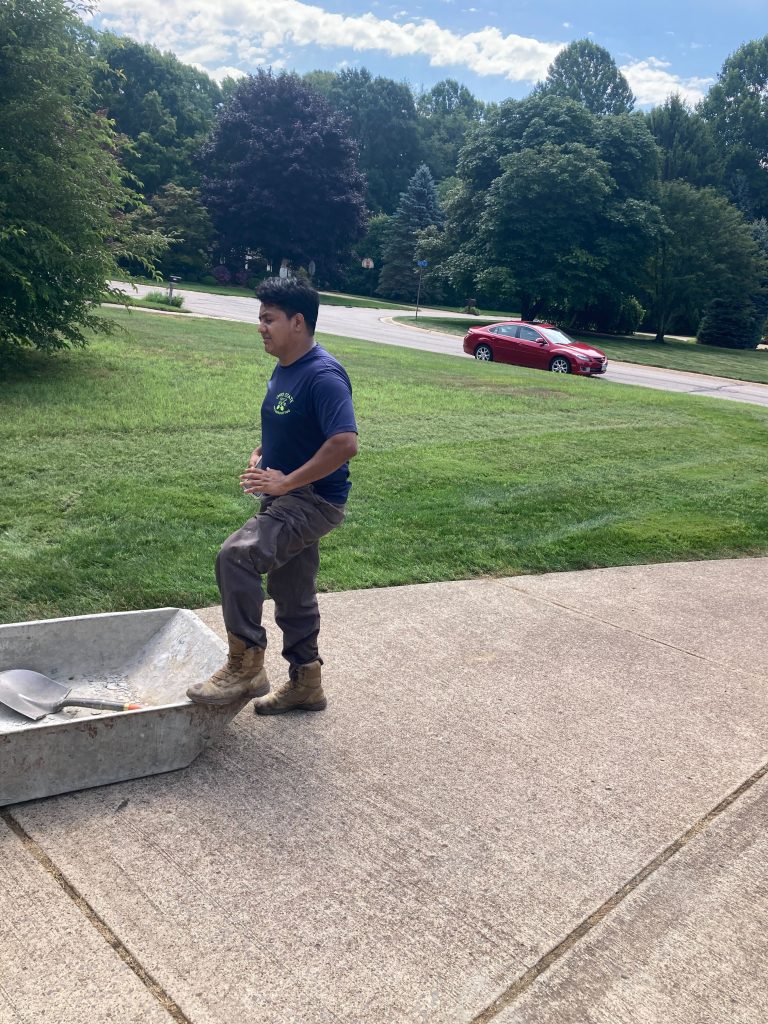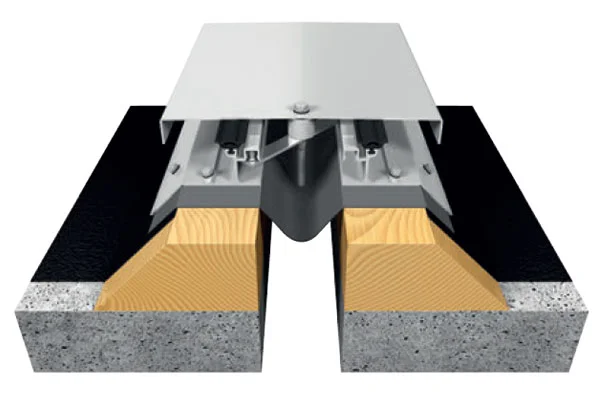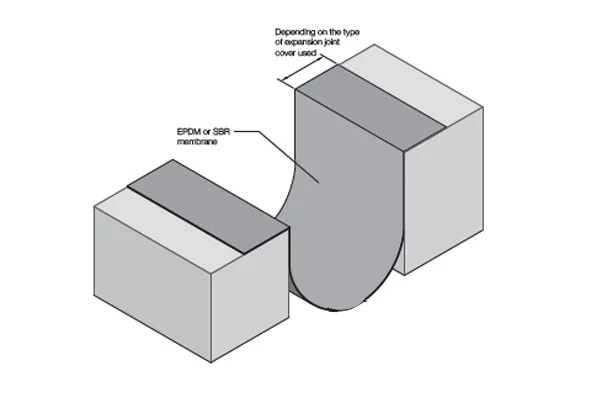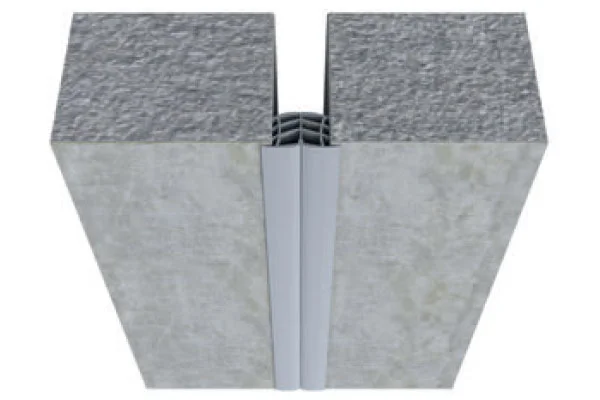
Key Takeaways
- Expect a comprehensive inspection of your property to identify potential water-related issues.
- The consultant will discuss your property’s history, current problems, usage, and future plans.
- Various waterproofing solutions, including exterior waterproofing and moisture control, will be analyzed.
- A detailed cost estimation will be provided, considering material choices, geographic factors, project complexity, and potential hidden expenses.
- Post-consultation, you should evaluate recommendations, seek second opinions, plan waterproofing work, and maintain a record of all communications.
Understanding Waterproofing Consultations
So, what exactly is a waterproofing consultation? It’s a process where a waterproofing professional comprehensively assesses your property to identify potential water-related problems and suggest viable solutions. This process is critical to debunk common waterproofing myths and provide you with accurate, tailored advice.
Waterproofing consultations are your first step in preventing water damage and maintaining your property’s structural integrity. You’ll receive expert insight into your property’s current state, potential risks, and the most effective waterproofing solutions. You’re not just getting a professional service, you’re also gaining a wealth of knowledge that’ll save you time, money, and distress in the long run.
One of the key consultation benefits is that it dispels waterproofing myths. Many homeowners wrongly believe that all waterproofing methods are the same. In reality, every property is unique and requires a specific approach. A consultation helps you understand which techniques and materials are best suited for your property.
In essence, a waterproofing consultation is an invaluable tool that provides you with a clear roadmap to a safe, dry, and well-maintained property. By busting waterproofing myths and understanding the consultation benefits, you’re setting the stage for effective water damage prevention.
The Initial Inspection Process
Embarking on the initial inspection process, a waterproofing consultant will closely examine your property. Armed with an inspection checklist, they’ll conduct a thorough investigation to identify any possible water intrusion points.
A vital part of the process is the moisture assessment. This involves accurately measuring the levels of dampness within your property’s walls, floors, and other susceptible areas. It’s crucial to determining the extent of any existing water damage and identifying areas at risk.
During the inspection, you can generally expect the following:
- A comprehensive walkthrough of your property, with the consultant keenly inspecting both the interior and exterior.
- Detailed moisture assessment, using advanced tools to measure dampness levels.
- Inspection of your property’s drainage system, to spot any potential problems that could lead to water accumulation.
- A review of any previous water damage, assessing its scope and implications.
This initial inspection process is essential in developing an effective waterproofing plan. It allows the consultant to understand the specific challenges your property presents and to tailor a solution that addresses these issues head-on.
Discussing Your Property’s Needs
After the comprehensive initial inspection, the waterproofing consultant will sit down with you to discuss your property’s specific needs. They’ll use their expertise to better understand the moisture issues your property is experiencing and the unique circumstances that may be contributing to these problems.
This is a crucial part of the property assessment, as it helps the consultant to understand not just what the problems are, but why they’re happening. They’ll ask about your property’s history, previous repairs, and any specific concerns you might have.
Here’s a brief overview of what you can expect from this discussion:
| Aspect | Description | Importance |
|---|---|---|
| Property History | Details about the property’s past, including previous water damage or repairs | Helps the consultant understand potential recurring issues |
| Current Problems | Detailed discussion about the current moisture issues | Identifies the areas that need immediate attention |
| Specific Concerns | Your specific worries or questions about the property’s waterproofing | Ensures your specific needs and concerns are addressed |
| Property Usage | How different parts of the property are used | Helps in planning effective and convenient solutions |
| Future Plans | Any future changes or renovations planned for the property | Aids in developing a long-term waterproofing strategy |
Analyzing Potential Waterproofing Solutions
With a clear understanding of your property’s needs, it’s time to explore potential waterproofing solutions. As you navigate this process, foundation assessments and moisture control will become integral in choosing the right solution for your property.
- Exterior Waterproofing: This approach involves applying a waterproof barrier to the exterior walls of your foundation, effectively preventing water from penetrating your property. This solution is often recommended following comprehensive foundation assessments.
- Interior Water Drainage: If your property is prone to groundwater swelling, interior water drainage might be the solution for you. This system collects water that enters your property and redirects it away.
- Moisture Control Solutions: Moisture control focuses on managing humidity levels within your property. Dehumidifiers and vapor barriers are two common solutions that help maintain a healthy indoor environment.
- Crack Repair: If your foundation assessments reveal cracks or fissures, repairing them can often solve your waterproofing issues. This solution is typically paired with other methods for comprehensive waterproofing.
Cost Estimation and Budgeting
Let’s now move on to discuss cost estimation and budgeting for your waterproofing project.
It’s crucial you grasp the key cost factors and budget accordingly to avoid any financial surprises down the line.
Being aware of potential hidden expenses is also essential to ensure you’re fully prepared.
Understanding Cost Factors
Navigating the complex landscape of waterproofing consultation costs is essential for every project. It’s not just about finding the cheapest quote; it’s about understanding what factors influence these costs. Here, we’ll help you break down the key elements.
- Material Choices: The type of material used for waterproofing vastly influences the cost. High-quality materials might’ve a higher upfront cost but can save you money in the long run due to their durability and effectiveness.
- Geographic Considerations: Where your property is located plays a role in the cost. Certain geographical areas might require specific waterproofing techniques due to the local climate, raising the overall expense.
- Project Complexity: The more complex your project is, the higher the cost. Multiple layers of waterproofing or dealing with structural issues can increase the price.
- Contractor Experience: Experienced contractors might charge more, but they bring invaluable expertise and often deliver higher quality work.
Budgeting for Waterproofing
Planning your waterproofing project requires a strategic approach to budgeting. Knowing exactly what you’re working with financially will help you make informed decisions about your project’s scope, materials, and the professionals you hire.
One key aspect to consider is cost saving tips. You could save money by scheduling your project during the contractor’s off-peak season or by purchasing materials in bulk.
Another tip is to invest in high-quality materials and workmanship from the get-go to avoid costly repairs down the line.
Financing options also play a significant role in budgeting. You might be able to secure a home improvement loan or use a credit card with a low-interest rate.
Another option is to ask your contractor if they offer flexible payment plans.
Remember, while the initial cost might seem high, waterproofing is a long-term investment in your property’s safety and value.
By budgeting carefully and taking advantage of cost-saving tips and financing options, you’re ensuring a successful project that will protect your home for years to come.
Stay tuned for the next section, as we uncover potential hidden expenses of waterproofing projects.
Hidden Expenses Revealed
When embarking on a waterproofing project, it’s crucial to be aware of potential hidden costs that could derail your budget. Not all expenses are clearly outlined in the initial quote, and you may face unexpected charges as the project unfolds.
It’s essential to anticipate these hidden fees and account for them in your budgeting.
- Material Upgrades: You might decide to upgrade your materials after the project has started. This could lead to additional costs that weren’t included in the initial estimate.
- Unforeseen Repairs: Waterproofing often reveals unseen damage that needs repair before the project can proceed. These unexpected charges can quickly inflate your budget.
- Permit Fees: Depending on your local laws, you may need to pay for special permits. These costs can sneak up on you if you’re not prepared.
- Overruns: Projects can extend beyond their estimated end date due to unforeseen complications, leading to extra labor costs.
Post-Consultation Steps and Follow-Up
After your consultation, it’s essential to engage in proactive steps and follow-ups to ensure the effectiveness of the proposed waterproofing solutions. A post-consultation evaluation is crucial in this process. This means reviewing the recommendations provided by the expert, reflecting on their feasibility, and determining if they align with your needs and budget.
Follow-up communication with the consultant is also paramount. Don’t hesitate to reach out with any concerns or questions about the proposed solution. Remember, it’s your property, and you have the right to fully comprehend the ins and outs of the proposed waterproofing work. A reputable consultant will appreciate your initiative and respond promptly to your inquiries.
Also, consider getting a second opinion. This doesn’t mean the initial consultation was inadequate, but it can provide a different perspective on the proposed solution and potentially offer alternative options.
Lastly, plan your timeline. Waterproofing isn’t a process you want to rush. So, schedule the work for a time that suits you, ensuring enough time for a thorough job.
Frequently Asked Questions
What Qualifications Should a Professional Waterproofing Consultant Have?
You should ensure your waterproofing consultant meets key qualifications.
They should meet certification requirements from recognized bodies in the industry, showing they’ve needed knowledge and skills.
They should also have significant industry experience, as this demonstrates their ability to handle diverse situations.
They’ll likely be familiar with your specific issue and know the best solution.
So, always check their certificates and ask about their experience.
Qualified professionals will provide the most reliable service.
Can a Waterproofing Consultation Be Done Remotely or Virtually?
Absolutely, a waterproofing consultation can be done remotely.
You’ll typically start with a virtual walkthrough of your property. This allows the consultant to assess the situation and identify any potential issues.
They’ll use video conferencing to guide you, asking for specific views and angles. It’s not as thorough as an in-person visit, but it’s a good way to get a preliminary understanding of your waterproofing needs.
Don’t hesitate to ask questions during this process.
How Long Does a Typical Waterproofing Project Take to Complete?
Your project timeline for a typical waterproofing task can vary based on several installation factors.
Usually, it might take anywhere from a few days to a week. However, it’s contingent on the size of your property, the severity of the water issues, and the specific solutions implemented.
The weather can also impact the timeline.
It’s crucial to remember that quality work often takes time, so don’t rush the process.
Is There a Warranty or Guarantee for the Waterproofing Work Done?
Yes, there’s typically a warranty for the waterproofing work done.
The warranty types can vary, depending on the company, the scope of work, and materials used. It’s crucial to ask about guarantee details during your consultation.
They’ll usually cover labor and materials for a certain period of time, protecting you from potential future issues. If any problem arises within this period, they’re obligated to fix it at no extra cost to you.
What Are the Potential Risks or Dangers if I Ignore Waterproofing Needs?
If you ignore waterproofing needs, you’re inviting risks like mold growth, which can harm your health.
Moisture intrusion can cause severe structural damage to your property. Over time, this reduces your property’s value and may lead to costly repairs.
Additionally, ignoring such needs can create an uncomfortable living environment due to dampness and bad odors.
It’s best to address waterproofing issues promptly to avoid these potential problems.
Conclusion
That’s it! Now you know what to expect from a local waterproofing consultation. From initial inspection to discussing potential solutions, you’re guided through every step. You’ll gain insights into costs and budgeting, ensuring you make informed decisions. After the consultation, you’ll also have follow-up support for any lingering concerns. Remember, this process is all about tailoring a solution to your property’s needs, ensuring your home remains safe and dry in the future.








